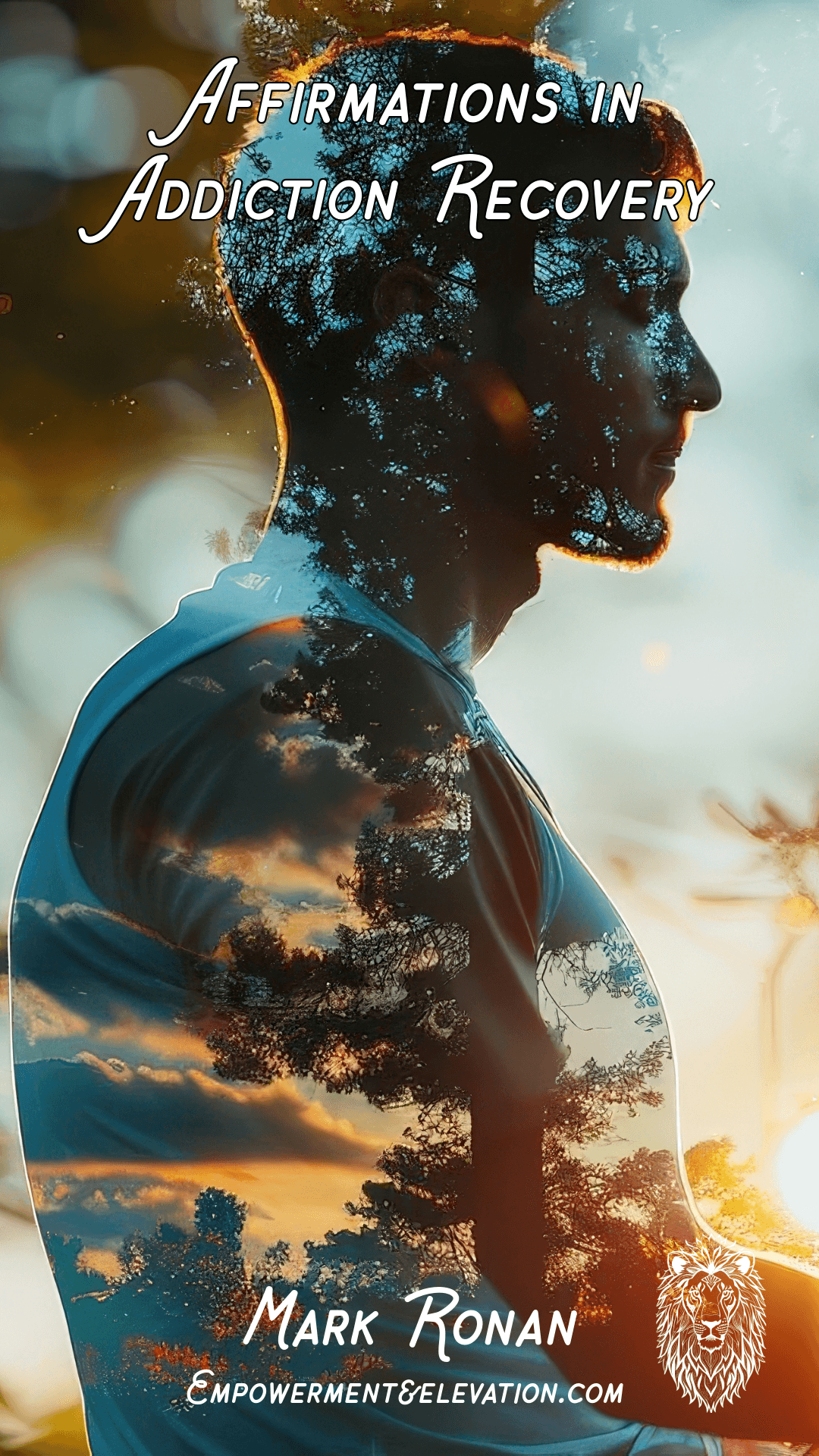Cultivating Compassionate Accountability: Your Path to Self-Mastery
Compassionate accountability is not about beating yourself up for every slip or mistake. In addiction recovery, it’s the steady hand that guides you through hard truths without dragging you into self-judgement. This mindset change lays the groundwork for self-mastery—helping you rebuild trust in yourself and move forward with clarity and courage. Explore how the Empowerment Pathway offers a clear, structured way to cultivate this balance and regain control over your life. For further insights, check out this link.
Embracing Compassionate Accountability

To move confidently toward self-mastery, embracing compassionate accountability is essential. This approach helps you grow without falling into traps of self-blame or harsh criticism.
Cultivating a Balanced Mindset
Picture yourself on a journey where balance guides each step. Compassionate accountability begins with recognising your efforts and setbacks as part of the process. It’s about progress, not perfection. Each day brings a chance to learn and adjust. When you see each challenge as an opportunity to grow, you cultivate a mindset that supports long-term change. This shift in perspective can help you navigate recovery more effectively, building confidence and resilience along the way. Discover more on this concept with these insights.
Overcoming Self-Judgement
Self-judgement can feel like a constant critic in your mind. But it doesn’t have to be this way. Begin by acknowledging that mistakes are part of being human. Instead of dwelling on errors, focus on understanding what they can teach you. Ask yourself, what can I do differently next time? This approach turns self-criticism into self-reflection, encouraging growth. Remember, it’s not about never making mistakes—it’s about learning from them. For a deeper dive into transforming judgement into growth, explore this resource.
Tools for Self-Mastery

Once you’ve embraced compassionate accountability, you need tools to support your journey. Self-mastery involves building emotional resilience and practising self-compassion techniques.
Building Emotional Resilience
Emotional resilience acts like a buffer against life’s challenges. It helps you bounce back from setbacks rather than being bogged down. Start by identifying triggers that typically unsettle you. Develop strategies to manage these emotions, such as deep breathing or stepping away when things become overwhelming. Building a support system is also crucial. Surround yourself with people who uplift and guide you. By reinforcing these practices, you build a robust foundation for your emotional health. More tips on resilience can be found in this article.
Practising Self-Compassion Techniques
Practising self-compassion means treating yourself with the same kindness you’d offer a friend. Begin with small acts, like giving yourself grace during tough times. Recognise your achievements, no matter how small. Use positive affirmations to reinforce your worth and potential. Remember, self-compassion is not self-indulgence; it’s about fostering a nurturing relationship with yourself. These practices create a more supportive inner dialogue, crucial for long-term personal growth. For practical steps to incorporate self-compassion, visit this link.
Empowerment Pathway Insights
The Empowerment Pathway offers structured guidance for those seeking to rebuild their lives post-addiction. It provides a clear route from recovery to renewal.
Structured Growth for Recovery
Structured growth is like a roadmap for recovery. The Empowerment Pathway uses a four-phase system: Repair, Renew, Rebuild, and Reveal. Each stage is designed to nurture different aspects of your journey. This structure helps you measure progress and maintain focus on your goals. It’s not about rushing through phases but about ensuring steady development. This approach ensures that every step forward is deliberate and meaningful. Discover how structure can transform your recovery journey by exploring this framework.
Long-Term Renewal Strategies
Renewal is an ongoing process, not a destination. Developing long-term strategies ensures that recovery becomes a sustainable lifestyle. This includes setting new goals that align with your evolving identity. Regularly revisiting your objectives keeps your journey dynamic and engaging. Consider integrating mindfulness practices, exercise, and community involvement as part of your routine. These elements enhance well-being and reinforce a sense of purpose. As you continue, remember that the path of renewal is unique to you, shaped by your experiences and aspirations.
The journey of compassionate accountability and self-mastery is deeply personal. By adopting these practices, you’re not just recovering—you’re rebuilding a life filled with clarity and courage.



